Dhaka, Sept 1 (V7N) – The Bangladesh Nationalist Party (BNP), one of the country’s major political parties, observes its 47th founding anniversary on Monday. The party, established on September 1, 1978, by former President Ziaur Rahman, marks the day with a series of nationwide events, rallies, and discussions, even as it remains outside the formal political process amid ongoing tensions with the ruling party.
Founded in the aftermath of political turmoil and military transitions in the late 1970s, the BNP emerged as a right-of-center political force advocating nationalism, economic liberalization, and multi-party democracy. Over the past four decades, the party has alternated power with its main political rival, the Awami League, and has played a defining role in shaping the country’s post-independence political trajectory.
This year’s anniversary comes at a time of political uncertainty, with the BNP boycotting the 12th parliamentary elections held earlier in 2024, citing the absence of a neutral caretaker government to oversee the polls. The party has since ramped up its demand for electoral reforms and the release of its imprisoned leaders, including several senior figures.
In Dhaka and other divisional cities, the BNP has planned various programs, including hoisting the party flag at its offices, paying tribute to its founder, and holding discussion forums on democracy and national policy. Party leaders have also used the occasion to call for greater unity among opposition forces and renewed mass movements to "restore democracy" in the country.
While the BNP remains under pressure from legal cases, leadership constraints, and government crackdowns on political gatherings, its leadership asserts that the party remains committed to a peaceful, democratic movement. Acting Chairman Tarique Rahman, currently living in exile in London, issued a statement urging party members to continue working towards what he described as "a free and fair democratic future for Bangladesh."
Observers note that the party’s 47th anniversary highlights both its historical legacy and its current struggles. Once a dominant political force, the BNP now faces questions about its future leadership, strategic direction, and ability to mobilize public support in an increasingly restricted political space.
Despite these challenges, the anniversary serves as a reminder of the BNP’s enduring presence in Bangladeshi politics and the evolving nature of the country’s democratic journey.
END/SMA/AJ/



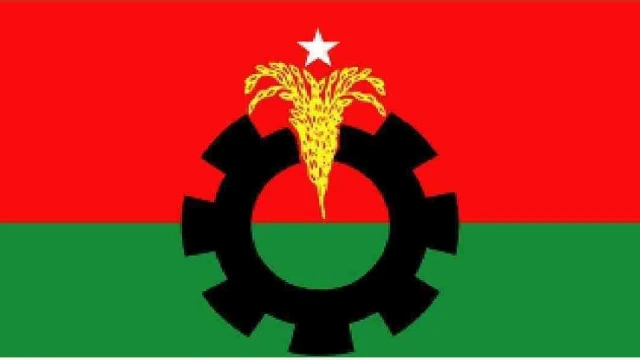
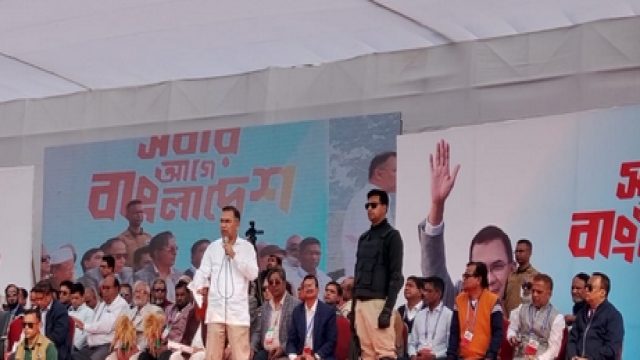
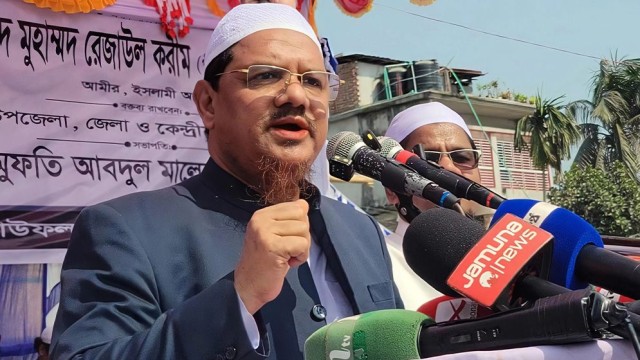
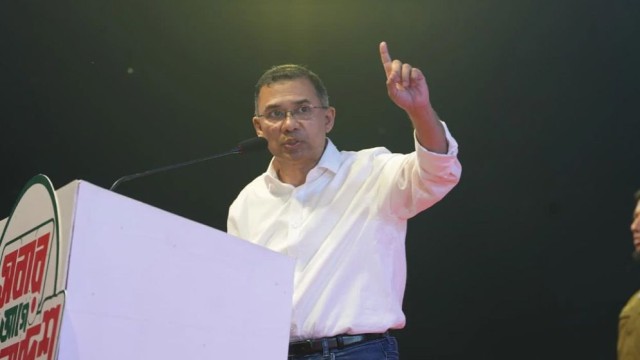
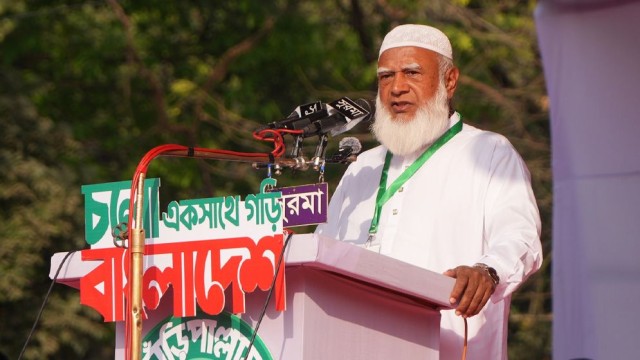

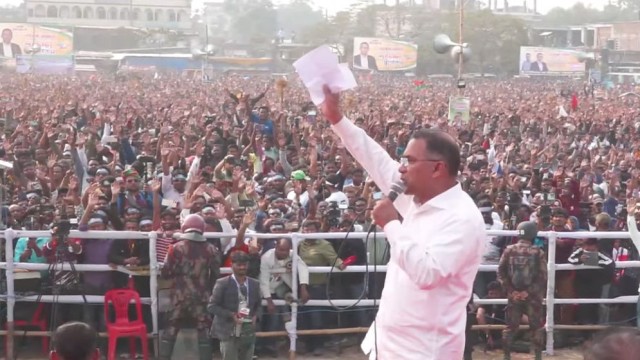

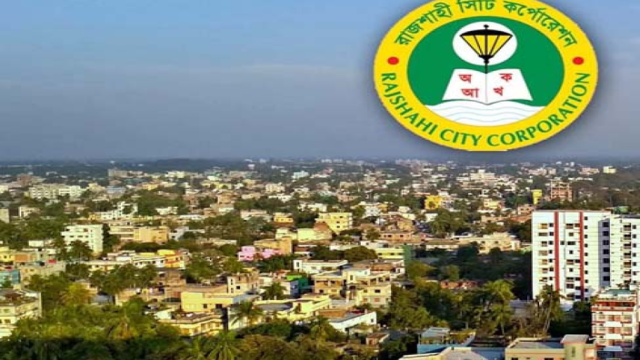
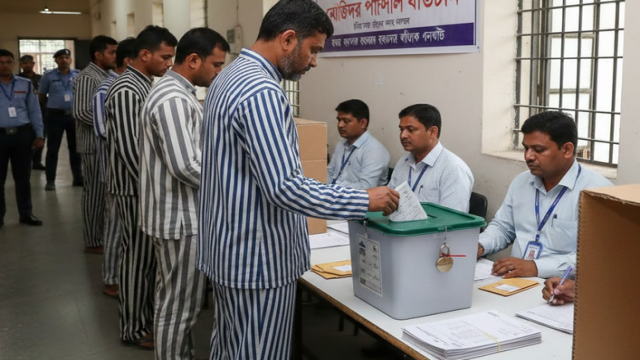














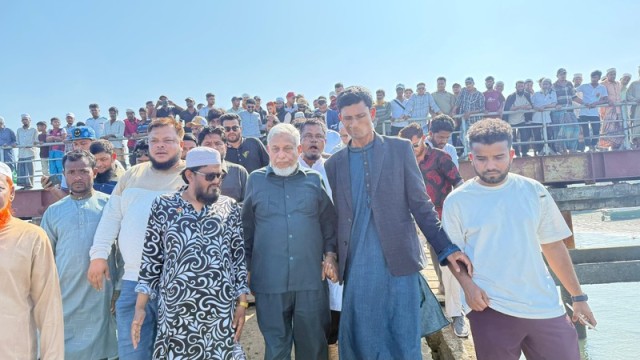
Comment: